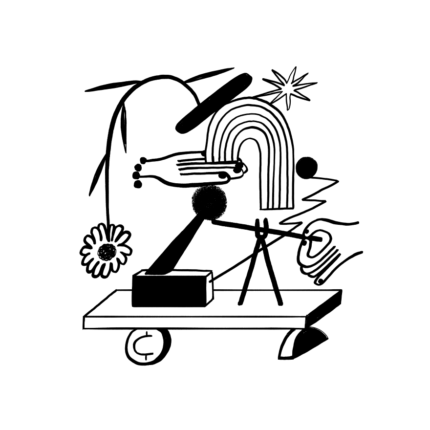If I get sick, how will I pay for it? What if I lose my job? What if both things happen at once? We’re breaking down healthcare savings in retirement.
These are some common questions millions of Americans are asking themselves during this time of unprecedented uncertainty and for good reason. Since COVID-19 really got underway in March, so much has changed. We’ve seen unprecedented deaths, hospitalizations, and of course, job loss. To put it lightly, it has been a difficult year so far.
Now imagine asking yourself the above questions, but while in retirement. It begs a very important question…
Are you prepared for healthcare costs during retirement?
If you answered no, you’re not alone. In fact, a vast majority of Americans are not prepared for these vital financial costs. A recent study took a look at how Americans were preparing for healthcare costs in their retirement years, and the results weren’t pretty.
A whopping 54.2% aren’t confident they’ll be able to retire by age 65 due to their lack of preparation.
When you think about retirement, what comes to mind?
Terms and phrases like 401(k), 403(b), Individual Retirement Arrangements (IRAs), Profit-Sharing Plans, Employee Stock Ownership Plans (ESOPs), 457 Plans and Pensions probably pop up.
The good news is, all of the above are outstanding ways to jumpstart your retirement savings and plan for your future income with today’s paycheck. The bad news? These plans and accounts are usually not enough to cover the healthcare costs you’ll face in your retirement years. Another thing to consider with these accounts is they are subject to being taxed, whether at contribution or withdrawal.
According to the same study, over half of the respondents plan to rely on Medicare to help cover retirement healthcare expenses. Hearing this, you might think to yourself, ‘what’s the big deal’? Well, ‘the big deal’ is Medicare doesn’t cover a number of important healthcare-related costs like dental care, vision exams, hearing aids, and other common necessities in your latter years. The bottom line? Relying on Medicare isn’t a great plan.
So if retirement accounts and Medicare aren’t enough, what options do I have?
There are actually a few options out there to help you plan for these costs. One vehicle many don’t consider for retirement is a health savings account (HSA). This account allows you to save pre-tax money from your paychecks now to save for future healthcare expenses later.
Oh, and by the way, the money is tax-free when you use it to pay for healthcare costs, too! Sounds like a perfect fit for these types of expenses, right?
In addition to the money rolling over year-to-year and never expiring, HSAs have special perks to ramp up your retirement savings, too. For instance, the IRS sets a maximum contribution amount each year for HSAs, limiting you to a certain number for the year. But, when you turn age 55, you can begin contributing an extra $1,000 above the IRS limit to your HSA.
And there’s more!
On top of these financial accelerators your HSA features, you can also use the money in your account for anything once you turn age 65. That means things like groceries, utilities, bills, and other daily expenses are eligible for use when you need ‘em. You’ll just have to pay regular income tax if it’s not a qualified medical expense. Even though we’re talking healthcare, that’s pretty cool.
The point?
Saving for your potential healthcare costs during retirement is paramount. It can be easy to overlook these expenses when planning for your life after your working years, but it can take a lot of stress off your plate, both now and down the road.
An HSA can go a long way in getting you started on a path to an even healthier financial future.



